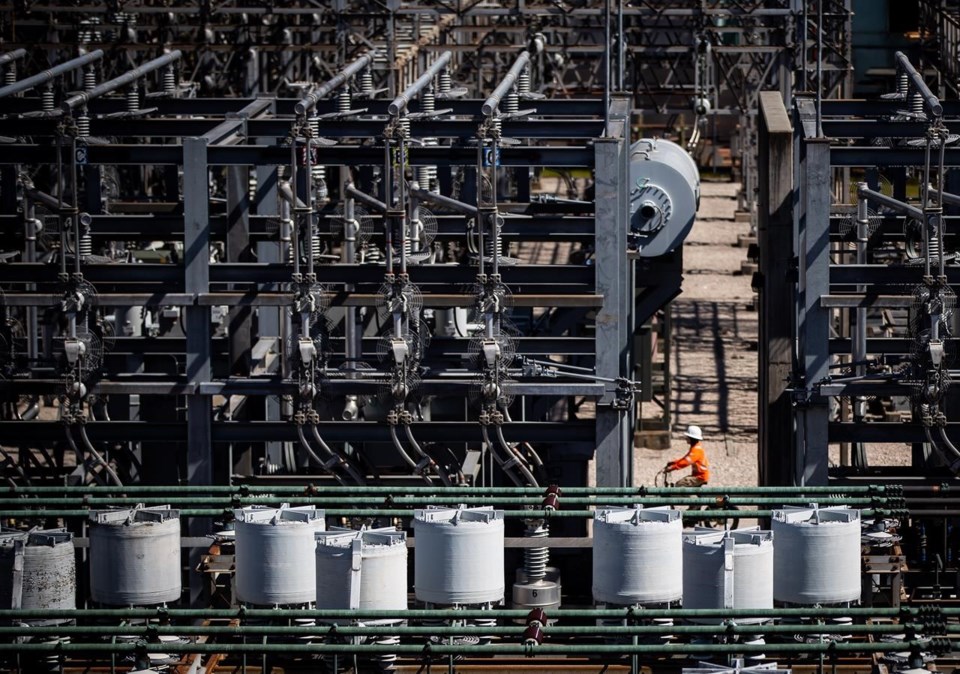VANCOUVER — British Columbia's unusually dry fall weather has resulted in some of the lowest river levels on record on the South Coast.
BC Hydro says the colder and drier conditions have forced it to adjust its operations on the coast in order to maintain flow levels and reduce impacts on downstream fish habitats.
A statement from the Crown utility says it will be able to keep up with electricity demand across the province this winter because of its large integrated hydroelectric system.
However, it says it has recorded historic low inflows at many of its smaller generating facilities in the Lower Mainland and on Vancouver Island.
While forecasts show little rain to fill South Coast reservoirs in the near term, Hydro says records indicate rain and snowmelt typically show up in January and February.
The utility says it has plans in place to manage flows and protect fish until the rain and melt come, taking steps beyond what is required.
This report by The Canadian Press was first published Dec. 14, 2022.
The Canadian Press



